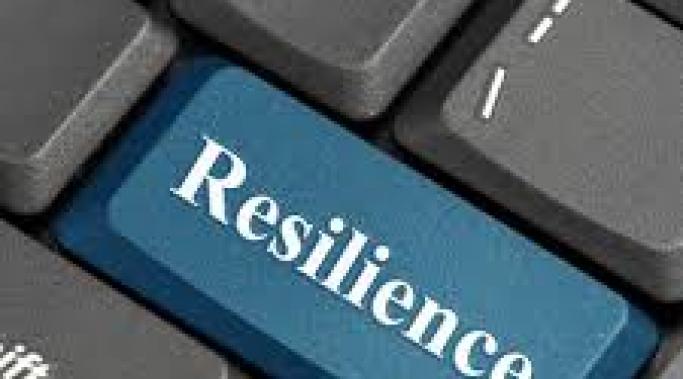Blogs
Imagine yourself at a gathering. Big or small, it doesn’t matter (because with anxiety, even the smallest things can seem gigantic). Perhaps it’s a family get-together, coffee with acquaintances, a meeting, or a pancake feed for your kids’ school. You’re there, others are there, and your anxiety is there. How do you feel?
Recently I found out that my work duties have been cut back significantly, leaving me feeling lost and also looking for new work. Job loss can be a significant trigger for depression. This has led me to seek out coping skills to deal with this new reality in my life.
There are many pitfalls to being a person living with an anxiety disorder. The mental, physical, and emotional tolls that it takes to live with this disorder is, at times, heartbreaking. Anxiety tells me everyone hates me, it panics me, and it embarrasses me. In the midst of high anxiety and/or panic attacks, it causes me to appear distant, uninterested, or even makes me appear to be ignoring someone. An ill-timed panic attack, for example, at a first meeting, can make it appear that I am a snob.
It seems like there is a lot of discussion these days about self-medicating for anxiety. For those who aren't familiar with the term, self-medicating generally means using alcohol or other recreational drugs like marijuana to manage the symptoms of anxiety. It's also possible to self-medicate with behaviors like eating, shopping, gambling, and sex. The overall position within most mental health communities -- including HealthyPlace -- is that self-medicating is generally a bad idea. While I don't disagree, I think the topic is more complex than it appears, especially when you factor in addiction.
I sit in my home by myself because my family left. I don’t blame them. They just couldn’t take it anymore. What they couldn’t take was me and my posttraumatic stress disorder (PTSD). I have come to refer to it as “the PTSD me,” because it often feels there’s two completely different people within me.
While working on an article for a different web site, I stumbled across a study about mental illness among journalists. According to the study, the rate of posttraumatic stress disorder (PTSD) is higher among journalists than the general population. While journalists tend to have "positive personal attitudes" toward mental illness, they are often afraid to reveal their mental health struggles.
I was hospitalized in an inpatient facility for a few days recently (not for my anorexia, but a comorbid condition). I was there long enough to see some patient turnover and was reminded just how much the attitudes of people you are in treatment with can affect you. In school, we call this the "therapeutic milieu." I prefer to think of it as the general "vibe" of the unit.
As of June of 2014, there were over 21 million living veterans in the United States according to the United States Department of Veterans Affairs. This figure, considering the population of the United States, certainly makes the occupation significant. The dynamics of war, and the soldiers that fight them, have some parallels to the dynamics of living with chronic mental illness while trying to manage a vocation.
As many of you probably know, anorexia nervosa is an eating disorder that is characterized by extreme weight loss and the refusal to eat. However, what you may not be aware of are the serious complications associated with anorexia and what residential treatment for anorexia entails. Below, I am going to briefly touch on these and provide some insight into what residential treatment for anorexia is all about.
Wondering how to end your abusive relationship? There's one way that requires no tools, no tears and no trust given to anyone but yourself. You see, trusting your intuition is like trusting that one friend who never lets you down (imagine that friend if you haven't had one since being isolated). Your intuition guides you through life safely when you develop and use it correctly.
And therein lies a problem: an abusive relationship disconnects you from your intuition. Abusers know that trusting your intuition will lead you away from their control pull, and eventually, your intuition can end your abusive relationship.








